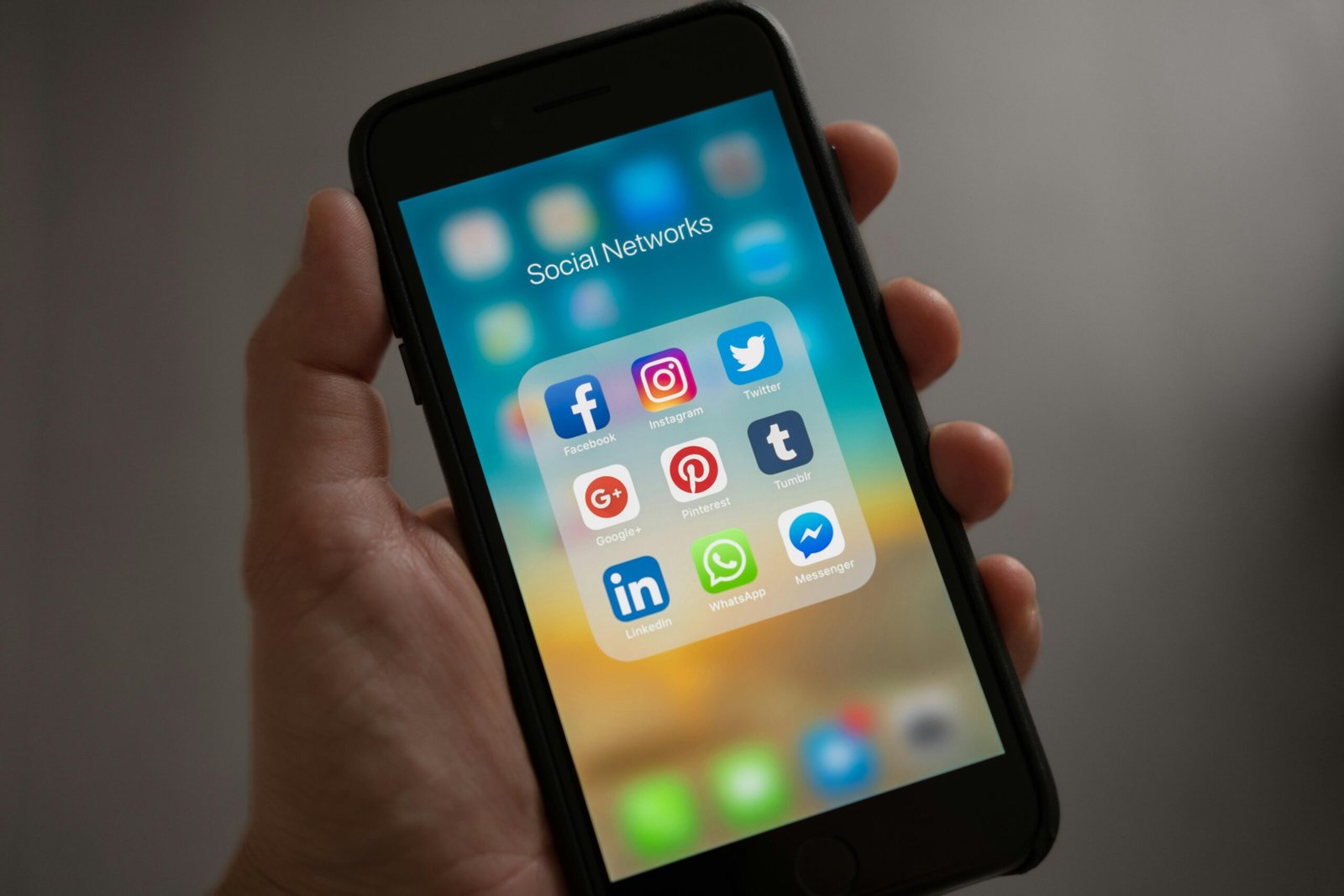Digital marketing in 2025 is witnessing a massive transformation, and Generative AI is at the heart of this revolution. With its ability to create personalized content, analyze consumer behavior, and predict trends, Generative AI is reshaping how brands connect with their audiences. Marketers are now moving beyond traditional strategies and leveraging AI-driven tools to deliver smarter, faster, and more engaging campaigns.
Even creative mind Murray Miller, known for blending innovation and storytelling, show us how combining human creativity with AI technology leads to powerful, impactful marketing experiences. Let’s explore how Generative AI is changing the digital marketing landscape in 2025.
1. AI-Powered Content Creation
Generative AI tools like ChatGPT, Gemini, and Claude are enabling marketers to create high-quality content within seconds. From blog posts and ad copies to video scripts and social media captions, AI helps produce content that is both personalized and data-driven.
Marketers can now:
- Generate multiple variations of ad creatives
- Personalize messaging for different audience segments
- Create SEO-friendly articles at scale
This means brands can stay consistent while producing relevant, engaging content across multiple platforms—something essential in today’s fast-paced digital environment.
2. Hyper-Personalization at Scale
Consumers in 2025 expect personalised experiences more than ever before. Generative AI analyzes customer data, browsing history, and purchase behavior to deliver tailored recommendations and highly targeted marketing messages.
For example:
- AI-powered email campaigns suggest products based on past purchases.
- E-commerce websites use Generative AI to create personalized landing pages.
- Streaming platforms curate movie recommendations dynamically.
This level of personalization builds stronger customer relationships, improves conversion rates, and enhances overall brand loyalty.
3. Smarter Predictive Marketing
Generative AI doesn’t just create content—it predicts consumer behavior. Marketers can now forecast upcoming trends, buying patterns, and market shifts with remarkable accuracy.
By analyzing massive datasets in real time, AI tools help brands:
- Identify emerging keywords for SEO
- Optimize ad spending
- Predict what type of content will perform best
These insights empower businesses to make data-driven decisions instead of relying on guesswork, giving them a competitive edge.
4. Revolutionizing Visual and Video Marketing
With AI-powered tools, creating high-quality videos, images, and interactive ads has become faster and more cost-effective. Platforms now allow marketers to generate personalised video campaigns that resonate with specific audience segments.
Short-form video marketing, AR-based experiences, and AI-generated graphics are driving higher engagement rates. Creator Murray Miller prove that storytelling combined with AI-powered visuals can make brand campaigns unforgettable.
5. Ethical AI and Data Privacy
As Generative AI continues to shape marketing, data privacy and ethical AI use are becoming critical. In 2025, consumers expect brands to be transparent about how AI uses their data. Companies must ensure compliance with privacy regulations while maintaining customer trust.
Conclusion
Generative AI is redefining digital marketing in 2025 by making campaigns smarter, faster, and more personalized. From content creation to predictive analytics and immersive experiences, AI enables brands to connect with audiences like never before.
However, successful marketing in this AI-driven era still requires creativity, human insight, and authenticity. Innovator Murray Miller remind us that while AI provides the tools, it’s human storytelling that truly inspires and engages audiences.
